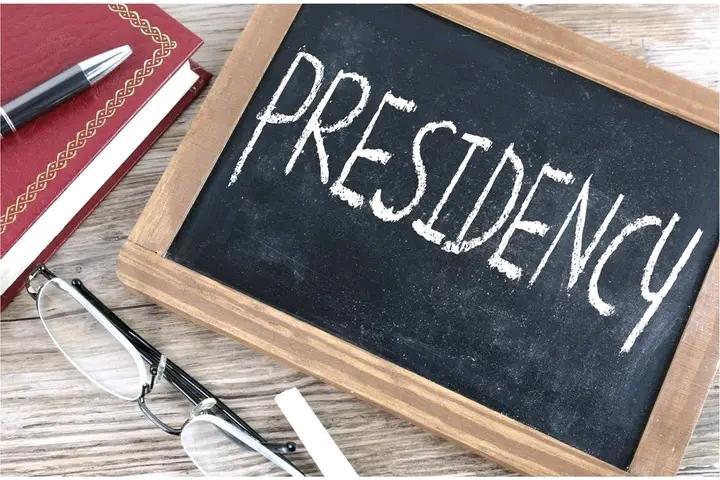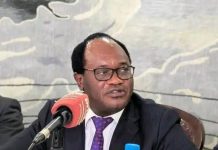Africa-Press – Zambia. As Zambia inches closer to the 2026 General Election, one striking observation stands out — the sheer number of people aspiring to become Republican President. From seasoned politicians and lawyers to newcomers and civil society figures, the race for State House has never looked this crowded.
Among those reportedly working around the clock to position themselves for the top job are Given Lubinda, Brian Mundubile, Makebi Zulu, Binwell Mpundu, Kasonde Mwenda, Sean Tembo, Dan Pule, Harry Kalaba, Fred M’membe, Hector Soondo, Wright Msoma, Wynter Kabimba, Willah Joseph Mudolo, Chifumu Banda, Dorika Banda, John Sangwa, Saboi Imboela, and Celestin Mukandila — just to name a few. And, of course, the incumbent President Hakainde Hichilema is also seeking a second term.
This is perhaps the first time in Zambia’s political history that so many figures — from different political parties and backgrounds — have shown such a strong desire to occupy the highest office in the land. But what exactly has triggered this surge of presidential ambition?
A Failing System or the Promise of Power?
To some, the rising interest in the presidency is a reflection of growing discontent with the current leadership. The UPND government, despite its early promises of economic reform, job creation, and governance renewal, is increasingly facing criticism over the high cost of living, unemployment, and perceived slow pace of change.
When citizens feel the government has not delivered, the political field naturally opens up for new entrants — each claiming to offer better leadership, clearer vision, and stronger moral authority. In that sense, the growing number of presidential hopefuls could be seen as a sign of democratic vibrancy and political renewal.
However, others argue that many of these ambitions are not driven by patriotism or the genuine desire to serve. Instead, they reflect personal ambition, political ego, and the allure of power. The presidency, after all, remains the most powerful and influential office in the land — commanding respect, prestige, and significant access to resources.
The Temptation of Visibility and Political Survival
For some aspirants, the declaration to contest for the presidency may not necessarily be about winning State House in 2026. It is a political strategy — a way to stay relevant, attract attention, and negotiate future political alliances.
Running for President brings visibility. It allows politicians to build their brand, increase bargaining power, and position themselves for cabinet appointments, party leadership roles, or parliamentary seats. It’s no surprise, then, that even those with slim chances of victory are joining the race.
Democracy or Political Theatre?
While the crowded field can be seen as a sign of a maturing democracy, it also raises questions about the seriousness of Zambia’s political culture. Are all these candidates truly prepared for the complexities of national leadership, or is the presidency being treated as an experiment or personal project?
Zambia’s democracy thrives on competition, but too many contenders can fragment the opposition and dilute meaningful debate on real national issues such as the economy, education, health, and governance.
The Challenge for Voters
As more and more individuals declare their intentions to run for President, the real challenge will rest with the Zambian electorate. Beyond slogans and social media presence, voters will need to interrogate the character, track record, and credibility of each aspirant
The 2026 General Election will not just be a test for political parties — it will be a test for the Zambian voter’s discernment. Will citizens choose leaders driven by a genuine desire to serve, or will charisma and populism carry the day?
The surge in presidential aspirants ahead of 2026 is both a reflection of democratic space and a mirror of Zambia’s political frustrations. Whether motivated by patriotism, personal ambition, or disillusionment with the current regime, one thing is clear: the race for State House has never been more crowded, nor the stakes higher.
In the end, Zambia’s progress will depend not on how many people aspire to lead, but on how many truly understand what it means to serve.
For More News And Analysis About Zambia Follow Africa-Press







